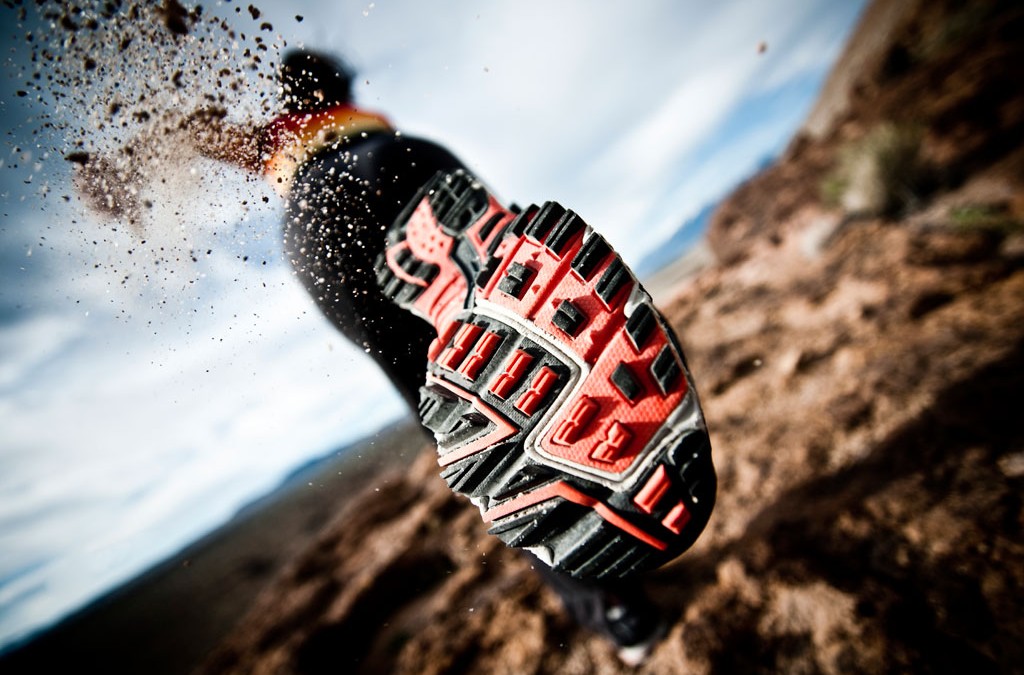By KYLE STULL
Recovery often sounds like a “dirty” word. What are you recovering from? A night out with friends? Surgery? A day in the office? What is recovery, anyway? There are several myths and misunderstandings associated with recovery from exercise. To find out more, I encourage you check out Dr. Len Kravitz from The University of New Mexico. His cardiovascular research lab has debunked many of these myths. Think of “recovery” as a time to remove what your body doesn’t need and provide what it does need. Recovery is NOT giving your body a break by slacking off. It’s “feeding” the body whatever it is lacking most. This may be water, protein, carbs or different movements. Below are 10 recovery “moves” that will make you a stronger athlete.

1. Hydrate—
water is the fuel of life. EVERY metabolic process in the body must take place in the presence of water. If there is not enough water, then waste from muscle contractions cannot be flushed out, nutrients can’t be delivered in a timely fashion and tissues such as muscles and fascia won’t have a frictionless environment where they can operate.

2. Breathe—
more importantly than bringing in oxygen, breathing helps to “remove” carbon dioxide, which is one of the metabolic waste products mention in #1. In addition, big deep breaths will help to relax the body.

3.Relax your mind—
as every athlete is aware, at the elite level the conditioning of the mind is as important as conditioning of the body. Make meditation practices a key part of every recovery. Let the mind do nothing. For those of us who have not been trained in meditation this will be extremely challenging—take a class.

4.Unstick stuck tissue—
the repetitive motion of training (yes, biking and running are similar) can lead to certain areas of the body taking on more stress than others, over and over and… This is the making of an overuse injury. The muscles of the calves, thighs, hip flexors, glutes, upper back, and chest take a beating, which often leaves this muscles dehydrated, short and stuck. Spend a minute foam rolling each these muscles before and after training to increase blood flow, re-hydrate and re-introduce normal motion.

5. Provide your body nutrients—
this should be a given, but the body can’t recover if you don’t give it what it needs. Don’t get your nutrition advice from the latest article in whatever magazine, but instead, work with a Registered Dietician or Nutritionist to determine exactly what YOUR body needs.

6.Make sleep a priority—
true recovery occurs during sleep. Deep sleep releases certain hormones to maximize the repair process. Poor sleep leads to inadequate recovery, physical and mental fatigue and decreased performance. Plan sleep the same way you plan your training. Set a time for bed and get there. Make it a habit by making it a priority.

7.Take an active “rest day”
the body is made to work but the mind needs novelty. Take a “day off” by going for a hike, get some core work done with stand-up paddle boarding or perform a total body foam rolling session, but DO NOT lay around the house (unless suggested by your doctor). These different activities will allow the body the promote recovery by engaging muscles and releasing happy hormones, but more importantly, it will rejuvenate the mind by engaging in new and fun activities.
8.Move in a different direction—
change it up on a recovery day by moving, but NOT moving forward. Perform some lateral tube walks, some reverse tube walks, or play with loaded rotational movements with a ViPR. Get your body comfortable utilizing all planes of motion.

9.Take note of how you feel everyday—
make notes of aches, pains, things that feel great, your stress levels, hydration levels, quality of sleep, and relaxation time every day. Being cognizant of these “little” things will create the awareness to know when to train hard and when to plan that “recovery” day.

10.Make a recovery plan and stick to it—
you already know a little bit about sticking to a plan. Make your recovery process a part of that plan and NEVER skip it.
Think of your recovery as preparing for whatever comes next. You’re doing a little prep work after each training session, every day, to make sure you’re able to get the most of the next training session.


